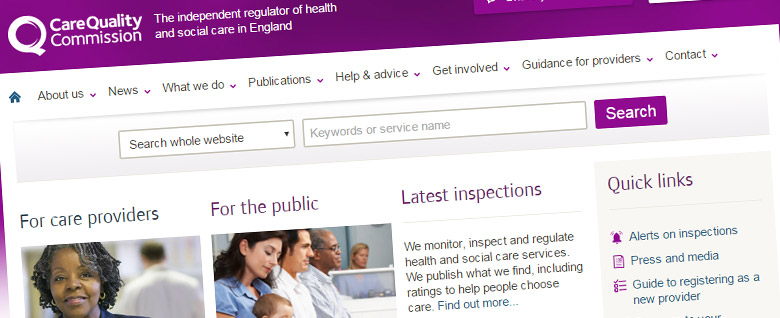The Care Quality Commission (CQC) published a briefing, developed with Public Health England (PHE) on 30 November 2017, demanding improvements to residential detox clinics.
They raised serious concerns that people who are addicted to alcohol or drugs that were undergoing medically-supervised withdrawal in residential settings were being put at risk of harm because many of the independent clinics in England were neither providing safe nor good quality care.
On inspection, the CQC found that the clinics were not assessing the risks to the safety of people within their care prior to their admission; were not following recognised clinical guidance on how to treat people withdrawing from alcohol or drugs; were not storing, dispensing or handling medicines appropriately, and were not carrying out full employment checks or sufficiently training their staff.
In some instances, controlled drugs such as methodone were being given out without appropriate training, or without staff being assessed as competent to do so.
Dr Paul Lelliott, Deputy Chief Inspector of Hospital (lead for mental health), said that based on their inspections over the last two years, the CQC were deeply concerned about how people undergoing residential-based medical detoxification from alcohol or drugs were being cared for in many independent clinics across the country.
The Royal College of Psychiatrists is concerned about the scale of the problems with quality and safety. Professor Colin Drummond, Chair of the Addictions Faculty at the Royal College of Psychiatrists, said that the briefing showed systemic failings in the way the services are provided, and that people undergoing detoxification are being exposed to unnecessary risks. He notes the residential services treat the most vulnerable of patients, who mostly have complex physical and mental health problems alongside their addictions. There is a risk of epileptic fits, hallucinations, suicide risk, and risk of prescription drug overdose. It is essential for staff to be properly trained, and follow the national clinical guidelines.
The PHE has been working with the services to help them improve, and will continue to provide the support. The briefing says that some of the 68 services in the independent sector have already improved, but the CQC will be re-inspecting the others to ensure that they too have shown improvement.



Comments